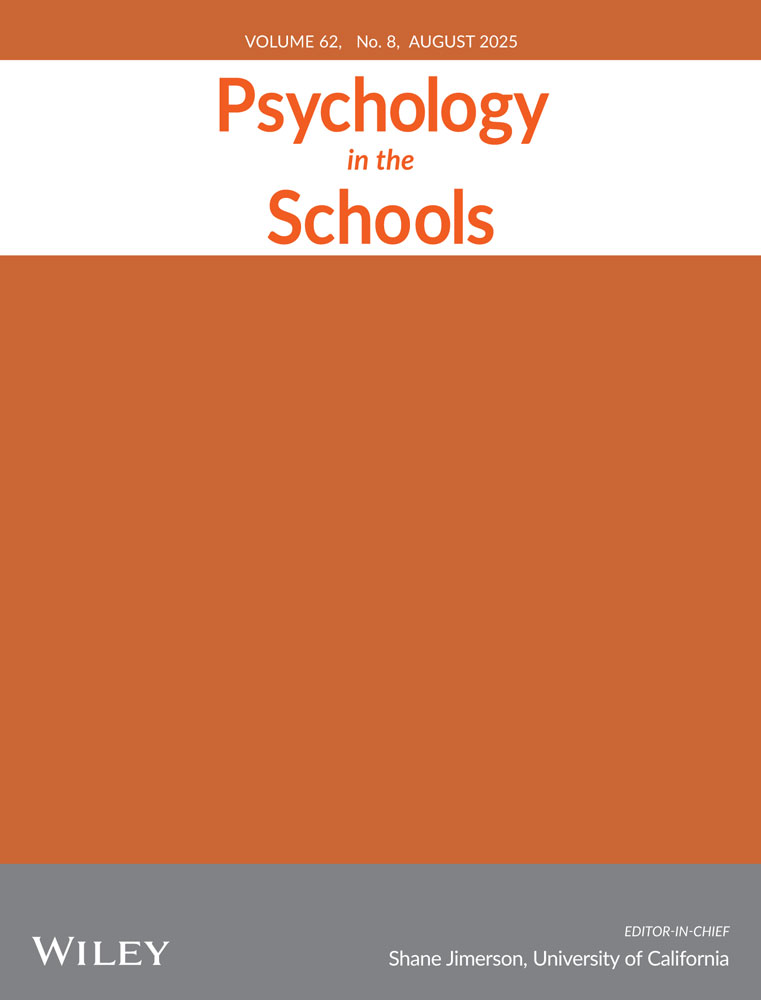Exposure to polychlorinated biphenyls (PCBs): Implications for school psychologists
Abstract
Pediatric exposure to polychlorinated biphynels (PCBs) is a national health concern with significant implications for school psychologists. According to the healthcare collaboration model, the school psychologist plays a key role in the provision of services to children affected by environmental teratogens. To effectively function as healthcare collaborators, school psychologists must have an understanding of the nature of PCBs, the current state of PCB research, and implications for practice. This article provides a brief and critical update of empirical findings and posited developmental implications as well as an empirically guided overview of PCB-related school psychology practice. © 2004 Wiley Periodicals, Inc. Psychol Schs 41: 709–714, 2004.




